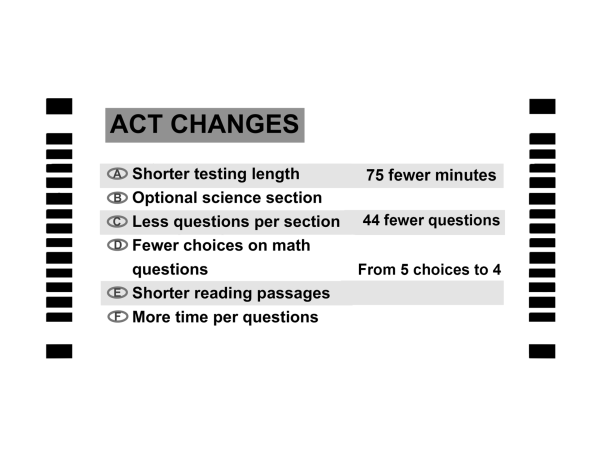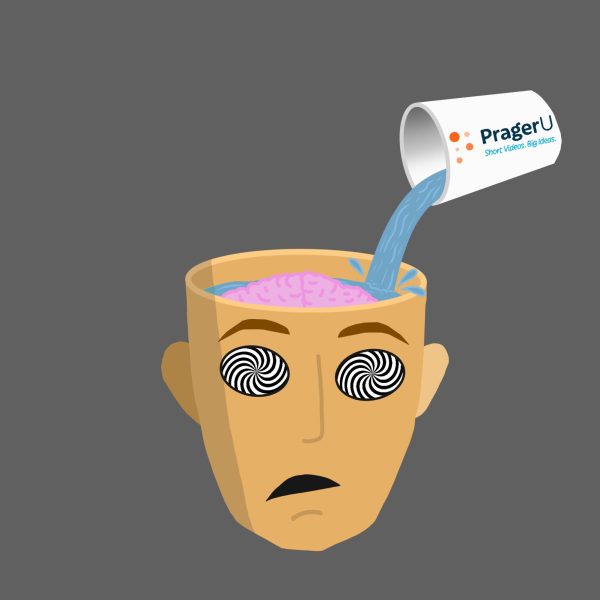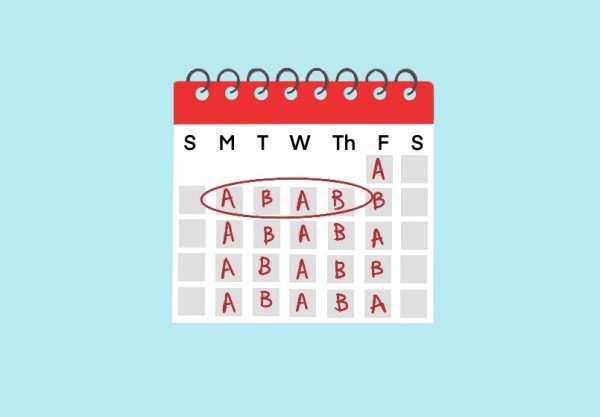Students should not be assigned extra reading
In the status quo, students at Grady are not reading books for their English classes. This is not necessarily because they hate the assigned readings or reading in itself, but more often than not, it is because it is not high on a student’s priority list.
With the combined stress of balancing too many AP classes with clubs like debate or mock trial and playing a sport, many Grady students are spread too thin. Although I have certainly hated my fair share of class readings, assigning mandatory readings outside the classroom is not an appropriate solution for our school environment.
I can’t deny the benefits of reading. By increasing your capacity to think critically and process information, reading is a critical part of any profession and is relevant to life. Implementing policies that make reading appealing to students is, of course, a good idea, and exists already in elementary schools.
At Mary Lin, all my classmates and I were required to take online reading tests on books we had read, and were incentivized with prizes to read more than what was required. Although it worked in the moment, it failed to really spark in me a sustained desire to read. But don’t get me wrong, I certainly enjoyed reading my Magic Treehouse books in second grade. However, as I got older and my work load and my commitment to other activities increased, frequent reading was not as realistic, nor was it longer required.
By high school, it is safe to say that most kids, including myself, have already developed a consistent attitude toward reading in free time. You either enjoy it, and do it willingly, or would prefer any other activity. With such busy schedules that are inherent with any high-achieving student at Grady, increasing the workload on a stressed student is not going to increase the appeal of that additional work.
For example, I hate math. I can recognize that math at a basic level is important to life just like reading, but doing more math is not going to change my attitude on it. At this stage, it is fruitless to try and change someone’s mind on something they already have developed a negative attitude toward. Efforts ought to be devoted to finding an equally meaningful activity that attracts a student.
Dislike toward reading is not the only factor here. Some students might struggle understanding texts or have difficulty reading in general. There are many other worthwhile endeavors. Art is an excellent example. Reading is not the only pastime that positively affects students in the long run. Drawing and painting offer students a medium for creativity and expression, and can offer a more concrete relief from busy high school life.
By making any piece of art, you inherently feel the satisfaction of accomplishing something. Unlike when you finish a book, a painting or sculpture is something you can point to and say, “I made that.” Making art also has been proven to positively affect the brain. By increasing psychological resilience and resistance to stress, art can be just as, if not more, beneficial to a fretted Grady student than reading.
Apart from academic involvements with school, free time is arguably equally important to the mental health of an overextended student. It should be anyone’s choice as to what they do in their down time, and students should not feel pressured to pick an activity they find undesirable.
Mandatory reading adds this pressure. Even if you decide to ignore your reading chart, or however it might be measured, the mere thought of extra, unwanted school work is enough to add further stress.
I am a senior here at Grady and am excited to be a part of the paper for a second year! Last year, I held the position of junior online editor, and wrote...









